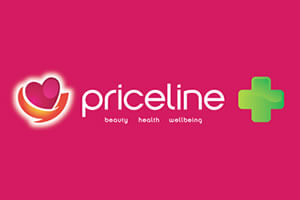What is vitamin D?
The term ‘vitamin D’ refers to not one, but several different forms of the vitamin D. Two forms are important in humans: vitamin D2 (ergocalciferol) and vitamin D3 (colecalciferol). Vitamin D2 is synthesised by plants, whereas vitamin D3 is the form naturally synthesised in your skin via exposure to the suns’ ultraviolet B (UVB) rays. Both Vitamin D2 and Vitamin D3 are biologically inactive forms of Vitamin D. Your liver and kidneys convert these into active forms to be used by the body.
Vitamin D is needed to develop and maintain strong, healthy bones, as it boosts calcium absorption. Vitamin D is also necessary for a healthy immune system.
How do you get vitamin D?
Vitamin D3 is synthesised in your skin after exposure to the sun’s ultraviolet B (UVB) rays. You can also find Vitamin D in foods; these include fatty fish such as mackerel, salmon and sardines, fish liver oils and eggs. Foods fortified with vitamin D are also available, these include milk and infant formulas, orange juice, cereals and breads. It’s difficult for a person to get adequate vitamin D intake from diet alone.1
Can I get vitamin D as a supplement?
Vitamin D is available in supplements. There are many types of vitamin D supplements available to help manage vitamin D insufficiency. These have been designed to cater to various individuals and their diverse needs and are most commonly in a capsule or liquid form.
Vitamin D supplements may contain vitamins D2 or D3. Vitamin D2 is derived from fungus or yeast when exposing foods to ultraviolet light. Vitamin D3 supplements are made in a similar way to how your skin naturally produces the vitamin. It is usually sourced from lanolin in sheep’s wool. Ostelin uses vitamin D3, the form naturally produced by your body.
What is the best vitamin D supplement?
Choosing the best vitamin D supplement for you will depend on several factors, including:
- What dose have you been recommended? — Depending on the dosage, your prescribing healthcare practitioner has recommended, you may prefer capsules or a liquid.
- Do you have trouble swallowing capsules? — For people who have problems swallowing capsules or for kids under 12, a liquid might work best.
- Are you already taking a lot of tablets? — Using a vitamin D liquid instead of a capsule helps reduce your tablet load.
- You don’t like taking liquid vitamins — Capsules are available if you don’t like liquids.
Speak to your healthcare practitioner about which vitamin D supplement is right for you.
If you suspect you might be at risk of developing a vitamin D insufficiency, you can also take the Ostelin D-Test to assess your risk levels.
Always read the label and follow the directions for use.
References available on request.
MAT-AU-2200136








